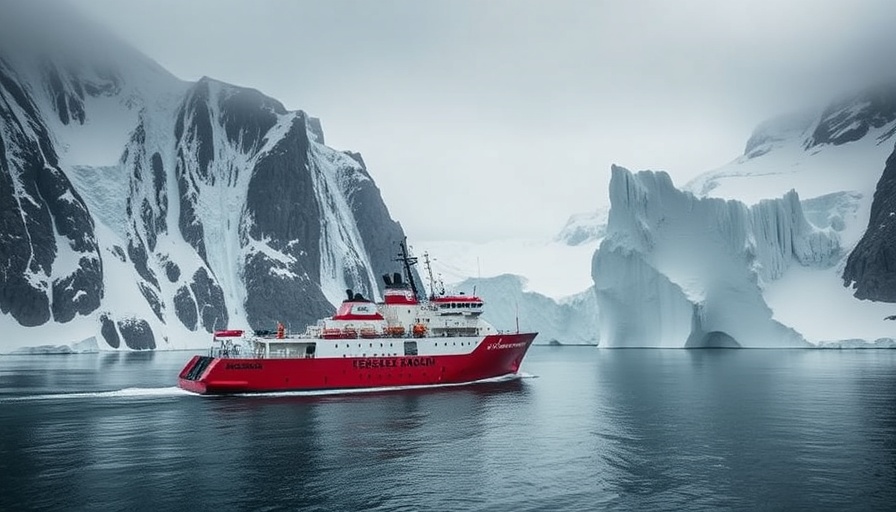
Understanding the Doomsday Glacier’s Impact on Climate
The Thwaites glacier, known as the "doomsday glacier," is a massive ice structure larger than Florida, critically positioned in West Antarctica. Its precarious state is worsened by increasingly warm ocean currents, which threaten to destabilize its foundation, potentially triggering a global climate catastrophe with far-reaching consequences. The recent establishment of the Arête Glacier Initiative by scientists from MIT and Dartmouth College underscores the urgency of this threat and aims to enhance our understanding of the glacier’s vulnerability. Through collaborative research, they hope to not only assess the imminent risks but also discover ways to intervene and protect this critical ice formation.
Europe’s Rocket Ambitions: A Shift Toward Independence
As geopolitical tensions escalate, Europe is taking significant strides toward its own commercial space-launch capabilities, showcasing a proactive approach to reduce dependency on U.S. space technology. The upcoming launch of the Spectrum rocket by Isar Aerospace, taking place in Norway, signals a critical phase for European companies venturing into the commercial rocket industry. Success for the Spectrum could lead to a new era of European space exploration, offering diverse options for payload delivery without reliance on American rockets. This movement resonates strongly within the global space race, indicating Europe’s determination to solidify its position on the international stage.
Connecting the Dots: The Intersection of Climate and Technology
Both the preservation of melting glaciers and the development of independent space technology reflect broader themes of innovation and resilience in the face of climate change and global challenges. By investing in research initiatives like the Arête Glacier Initiative and pushing forward with commercial space launches, Europe and the global scientific community are attempting to address pressing environmental issues while fostering technological advancement. This interconnectedness highlights an essential shift in how we might mobilize resources and scientific knowledge in response to climate-related crises and geopolitical uncertainty.
 Add Row
Add Row  Add
Add 




Write A Comment